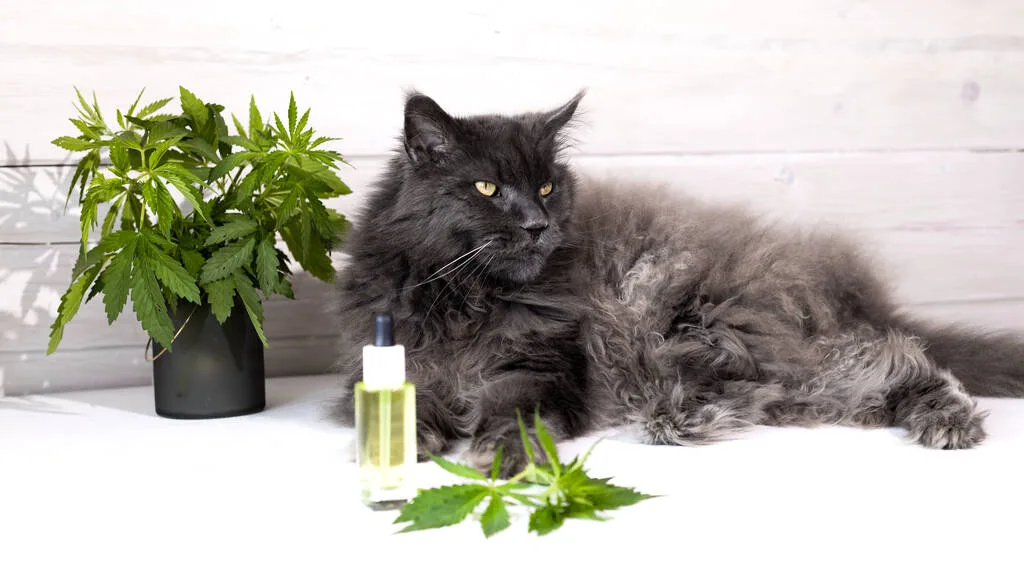According to a newly published study, the oral administration of the cannabis compound cannabidiol (CBD) is a useful adjunct treatment for felines with chronic gingivostomatitis.
 The study, titled Placebo-Controlled Trial of Daily Oral Cannabidiol as Adjunctive Treatment for Cats with Chronic Gingivostomatitis, was published in the recent issue of the journal Animals, and it was published online by the National Library of Medicine. It was conducted by researchers from four different universities and organizations in Portugal.
The study, titled Placebo-Controlled Trial of Daily Oral Cannabidiol as Adjunctive Treatment for Cats with Chronic Gingivostomatitis, was published in the recent issue of the journal Animals, and it was published online by the National Library of Medicine. It was conducted by researchers from four different universities and organizations in Portugal.
“A placebo-controlled study evaluated the clinical efficacy and safety of a commercially available cannabidiol (CBD) oral formulation as an adjunctive treatment for pain management for feline chronic gingivostomatitis (FCGS)”, states the study’s abstract. “CBD was included in a multimodal treatment routinely performed on client-owned cats with FCGS that were submitted to dental extractions.”
For the study researchers separated 22 cats into groups. The first group was treated using a fixed dosage of 4mg per cat every 12 hours for 15 consecutive days, and the second received a placebo of similar features.
Treatments began two hours before dental extractions. Pain and disease severity were assessed at days 0 and 15 using the Composite Oral Pain Scale (COPS-C/F) and the Stomatitis Disease Activity Index score (SDAI). In addition, weight, vital and biochemistry parameters, and analgesic reinforcement needs were also registered at the same time points.
Finally, in the treated cats, blood was collected after 4, 8, and 12 hours to determine CBD serum concentrations using ultra-high-performance liquid chromatography-mass spectrometry (UHPLC-MS/MS).
“After data analysis using mixed models, a significant improvement in the SDAI scores of cats medicated with CBD was found”, states the study’s researchers. “The protocol is safe since severe adverse effects and biochemical changes were not observed during the treatment period.”
Researchers conclude by stating that “This study suggests that the cats benefited from this treatment.”







